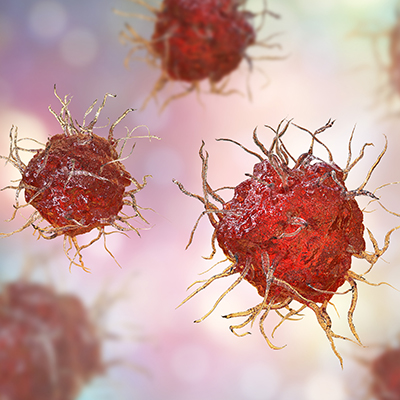 Vitamin C boosts gene activation in dendritic cells
Vitamin C boosts gene activation in dendritic cells
Vitamin C can improve the immunogenic properties of dendritic cells in vitro and may hold the key to improving efficacy of anticancer cell therapies, according to a team from the Epigenetics and Immune Disease Lab at the Josep Carreras Leukaemia Research Institute in Barcelona, Spain. Read More
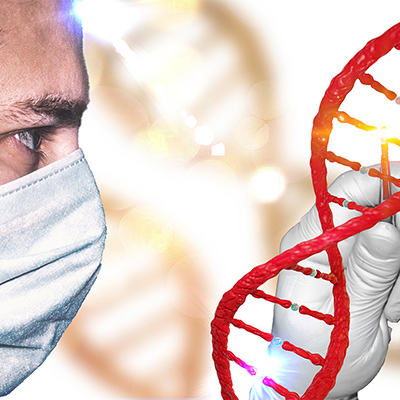 Nutritional supplement offers potential treatment for Feingold syndrome
Nutritional supplement offers potential treatment for Feingold syndrome
Reduced protein synthesis in developing gut cells contributes to the rare genetic intestinal disorder Feingold syndrome type 1, but a nutritional supplement may help reverse it. Read More
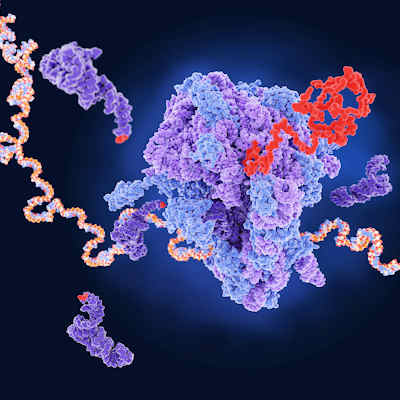 New method called native chemical ligation provides insights into ribosome function
New method called native chemical ligation provides insights into ribosome function
University of Illinois Chicago scientists have gained fundamental new insights into ribosome function by determining the atomic-level structures of ribosomes and the shapes that attached peptides -- short chains of amino acids -- take inside ribosomes. Read More
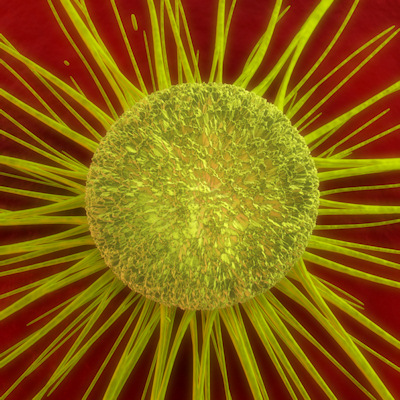 Scientists advance understanding of metastasis, cancer cells exposed to high viscosity
Scientists advance understanding of metastasis, cancer cells exposed to high viscosity
An international team of scientists has discovered how cancer cells exposed to high viscosity environments change the way they move to improve their invasiveness and favor metastases. Read More
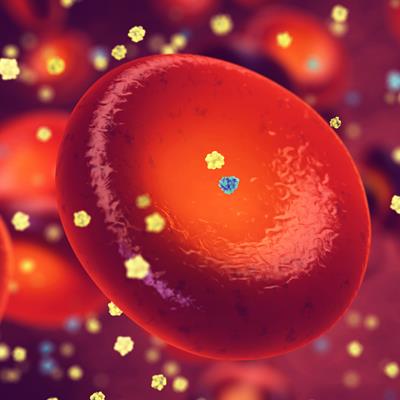 Gene in beta cells enables release of insulin, offers potential diabetes therapy
Gene in beta cells enables release of insulin, offers potential diabetes therapy
An international team of scientists has shown that the gene Wnt Family Member 4 in beta cells enables them to sense glucose and release the hormone insulin, enabling other cells in the body to store glucose. They contend their findings could help in the future to create replacement beta cells for diabetes therapy. Read More
 RNA editing sites in the brain shed light on neurodevelopment
RNA editing sites in the brain shed light on neurodevelopment
Mount Sinai researchers have catalogued thousands of sites in the brain where RNA is modified or edited throughout the human lifespan, potentially advancing our understanding of neurodevelopmental and aging disorders. Read More
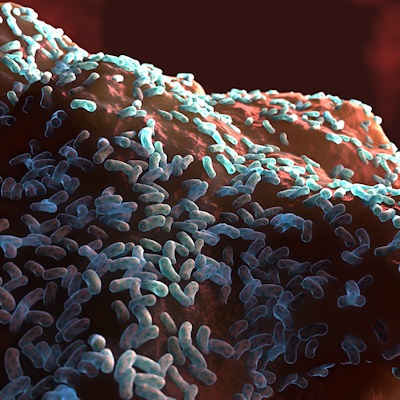 COVID-19 virus disrupts gut bacteria, increasing secondary infection risk
COVID-19 virus disrupts gut bacteria, increasing secondary infection risk
New research, led by New York University Grossman School of Medicine researchers, shows that SARS-CoV-2 infection reduces bacterial diversity in a patient's gut, creating opportunities for dangerous microbes to thrive. Read More
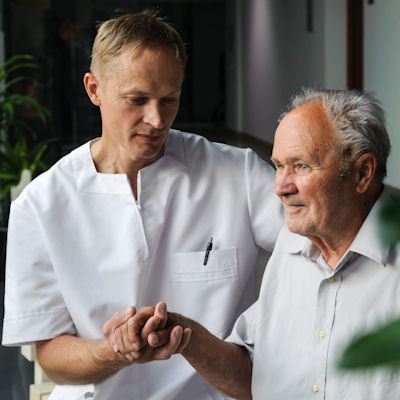 Scientist use roundworms to identify genes relevant to the aging process
Scientist use roundworms to identify genes relevant to the aging process
Researchers from North Carolina State University have developed a new method for determining which genes are relevant to the aging process. Their findings could have broader applications for research into the genetics of aging. Read More
 Treatment target for sleep apnea found in obese mice
Treatment target for sleep apnea found in obese mice
In a new study on obese mice, Johns Hopkins Medicine researchers have found that specialized channel proteins are possible therapeutic targets for sleep apnea. Read More
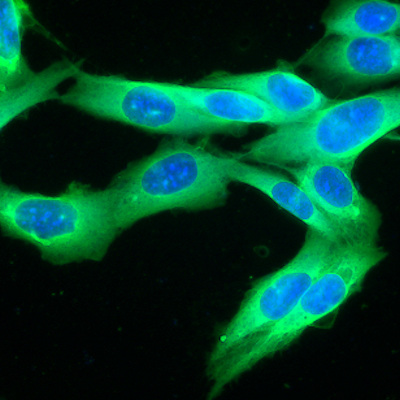 Immune cell reprogramming fights melanoma
Immune cell reprogramming fights melanoma
University of Bristol researchers have found that reprogramming immune cells to kill off cancer cells works against melanoma -- an otherwise hard to treat skin cancer. Read More
Member Rewards
Earn points for contributing to market research. Redeem your points for merchandise, travel, or even to help your favorite charity.
Research Topics
Interact with an engaged, global community of your peers who come together to discuss their work and opportunities.
Connect
Tweets by @ScienceBoard



